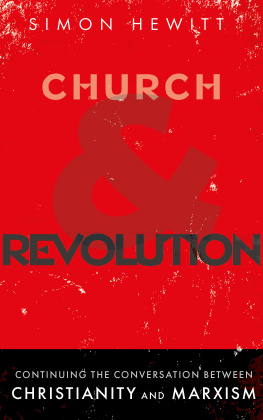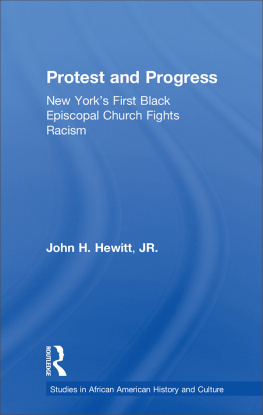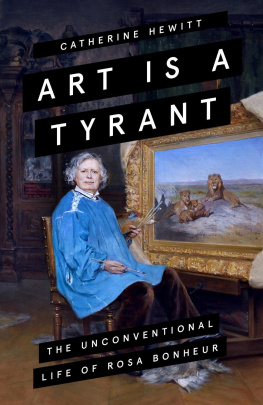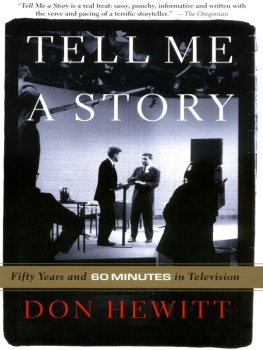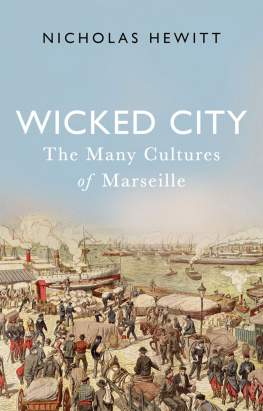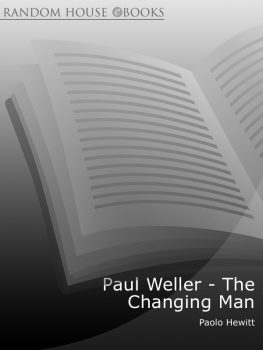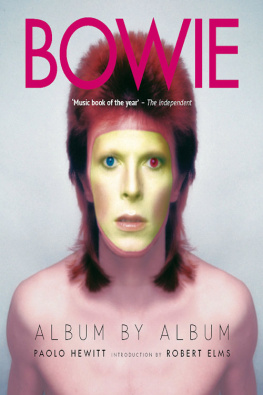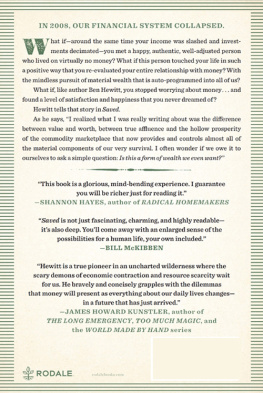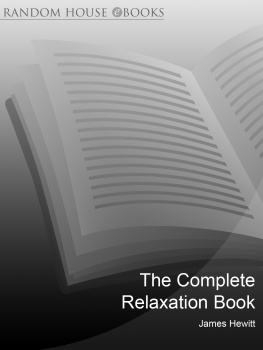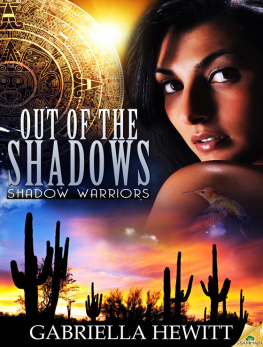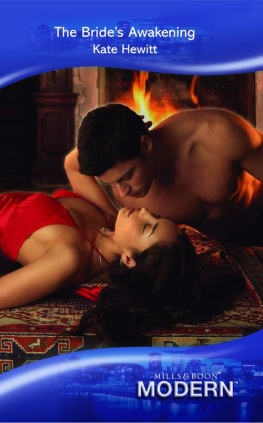Simon Hewitt - Church and Revolution
Here you can read online Simon Hewitt - Church and Revolution full text of the book (entire story) in english for free. Download pdf and epub, get meaning, cover and reviews about this ebook. year: 2020, publisher: Sacristy Press, genre: Religion. Description of the work, (preface) as well as reviews are available. Best literature library LitArk.com created for fans of good reading and offers a wide selection of genres:
Romance novel
Science fiction
Adventure
Detective
Science
History
Home and family
Prose
Art
Politics
Computer
Non-fiction
Religion
Business
Children
Humor
Choose a favorite category and find really read worthwhile books. Enjoy immersion in the world of imagination, feel the emotions of the characters or learn something new for yourself, make an fascinating discovery.
- Book:Church and Revolution
- Author:
- Publisher:Sacristy Press
- Genre:
- Year:2020
- Rating:3 / 5
- Favourites:Add to favourites
- Your mark:
- 60
- 1
- 2
- 3
- 4
- 5
Church and Revolution: summary, description and annotation
We offer to read an annotation, description, summary or preface (depends on what the author of the book "Church and Revolution" wrote himself). If you haven't found the necessary information about the book — write in the comments, we will try to find it.
Church and Revolution — read online for free the complete book (whole text) full work
Below is the text of the book, divided by pages. System saving the place of the last page read, allows you to conveniently read the book "Church and Revolution" online for free, without having to search again every time where you left off. Put a bookmark, and you can go to the page where you finished reading at any time.
Font size:
Interval:
Bookmark:
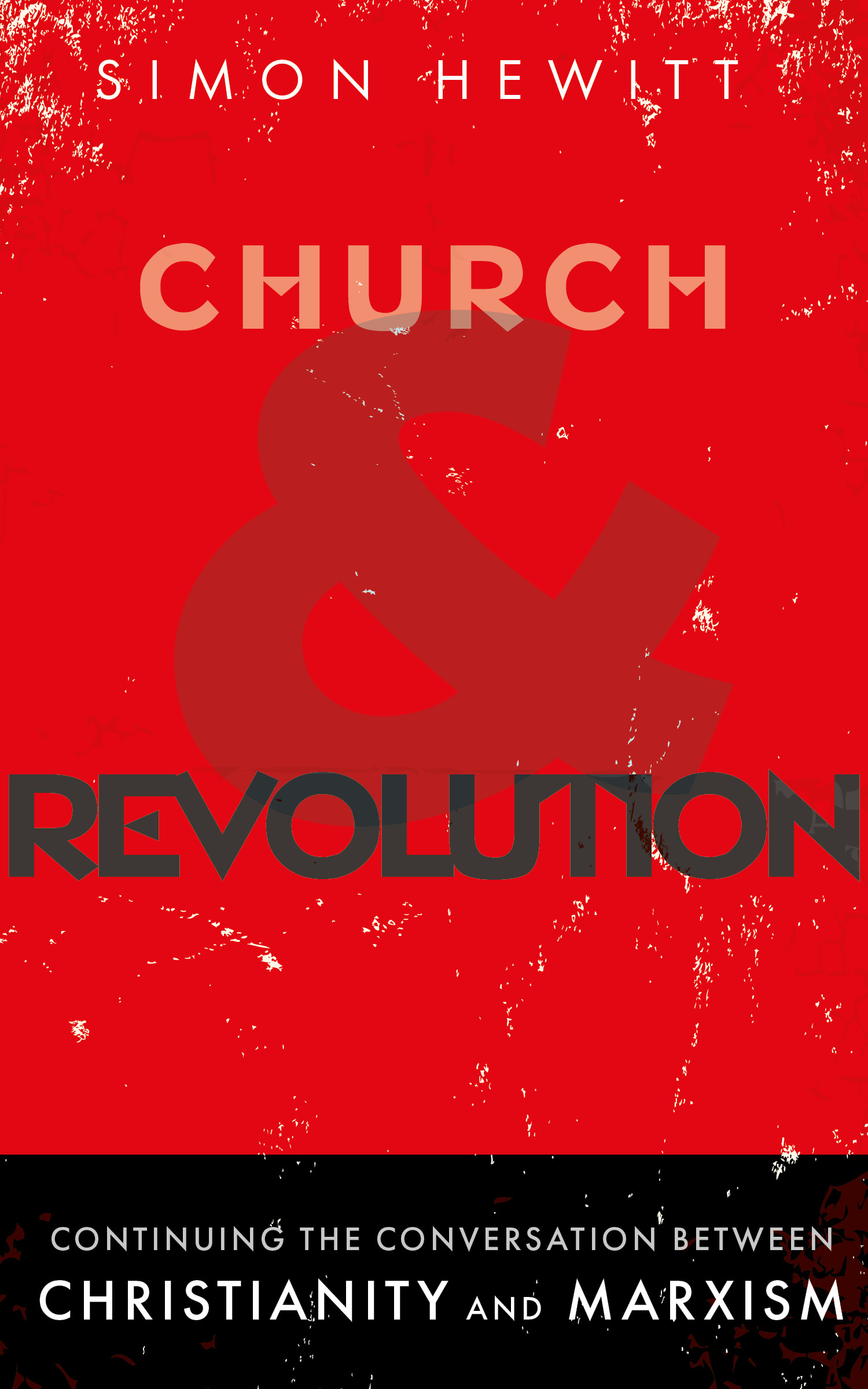
Church and Revolution
Continuing the Conversation between Christianity and Marxism
Simon Hewitt
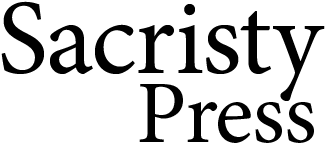
Sacristy Press
PO Box 612, Durham, DH1 9HT
www.sacristy.co.uk
First published in 2020 by Sacristy Press, Durham
Copyright Simon Hewitt 2020.
The moral rights of the author have been asserted.
All rights reserved, no part of this publication may be reproduced or transmitted in any form or by any means, electronic, mechanical photocopying, documentary, film or in any other format without prior written permission of the publisher.
Bible extracts, unless otherwise stated, are from the New Revised Standard Version Bible: Anglicized Edition, copyright 1989, 1995, Division of Christian Education of the National Council of the Churches of Christ in the United States of America. Used by permission. All rights reserved.
Every reasonable effort has been made to trace the copyright holders of material reproduced in this book, but if any have been inadvertently overlooked the publisher would be glad to hear from them.
Sacristy Limited, registered in England & Wales, number 7565667
British Library Cataloguing-in-Publication Data
A catalogue record for the book is available from the British Library
Paperback ISBN: 978-1-78959-091-3
ePub ISBN: 978-1-78959-093-7
Mobi ISBN: 978-1-78959-092-0
For Tasia
In 2001, I was on a train chartered to take anti-capitalist activists, of whom I was one, from French ferry ports to anti-G8 protests in Genoa, Italy. As it happens, our train had attracted some attention in the press, with columnists solemnly asking whether those who run riot ought to be allowed to run trains.
I recall quite vividly ten minutes during that train journey: the train was crowded, the atmosphere somewhere between a party and a meeting. People talked politics; food was shared out. Some tried to sleep; others played games. There was a mix of ages and backgrounds. Amidst the murmur and excitement, the smells of crisps and unwashed armpits, I opened my office book, a book of daily prayers, and read through evening prayer. At the time I felt no tension between radical political practice and Christian faith. Over the subsequent years, I encountered socialists who met my religious practice with either incredulity or hostility and, more often, Christians who denounced my politics. In spite of all this, I remain committed now, as I was then, to both Christianity and Marxism.
Autobiography is not always the best way to begin a book, and obsession with the microscopic details of individual lives is a pathology of the contemporary left. If the personal is political, there is also a politics of knowing when to move beyond the particular and self-focused to the universal and communal. It is never all about me, no matter who one might be. Yet my suspicion is that there are a significant number of people in the same position as me, somehow clinging to both Christianity and, if not to Marxism, to radical left-wing politics of some kind. One of my purposes in writing this book is to share my own thinking through of the relationship between faith and politics with these people.
Still, neither Christianity nor Marxism are doing well in twenty-first-century Britain. The closest many people come to collective worship is watching football (as cults go, this has a lot to recommend it), and while I was cheered up no end by Jeremy Corbyns leadership of the Labour Party, his is a socialism of the old Bennite type, ungrounded in any kind of systematic thought. Whatever the more paranoid fantasies of the right-wing press might suggest, the Labour Party has not just finished a period of being led by a Marxist. Nor is it full of Marxists. If it were, I would be considerably more optimistic than I in fact am.
Why, then, inflict this book on the reading public, if neither of the practices it seeks to reconcile have much currency? Why a book on Christianity and Marxism, rather than one on football and dendrochronology, or dog walking and algebra? The beginnings of an answer can be had by looking at the months after the Genoa protest. On 11 September 2001, two planes crashed into the twin towers of the World Trade Center, and that act of mass murder continues to set the political agenda nearly two decades on.
The events of 9/11 put religion back onto the agenda first and foremost through directing a searchlight of suspicion onto Muslims. Most of the left opposed this Islamophobia, but its capacity to do so effectively and in solidarity with Muslims themselves was hampered by a widespread failure to understand religion. The image of religion on the most part held by individual socialists was (and still often is) a caricature, having more in common with the uninformed hostility of Richard Dawkins than the sophisticated criticism of Karl Marx. Islam is not the topic of this book, and I would not be qualified to write on it. Nevertheless, through showing that religion neednt be some kind of rival to science, allied of necessity to reactionary politics, I hope to challenge preconceptions and do something to make possible the kind of conversations between the political left and religious people which need to happen in so many communities.
Since 2001, since the 20078 financial crisis and imposition of austerity, andperhaps most bizarrely of allsince the rise to political prominence of Donald Trump, Christian religiosity has been harnessed by the right in the United States. A multiply married philanderer is not the most obvious poster boy for Christian family values: Marxists will suggest that the contradiction between Trumps actions and the professed values of his religious base show that the motivations of the latter are, at root, other than religious. Trumps evangelical cheerleaders themselves are more likely to insist that God moves in mysterious ways: who knows if Trump is not one of those ways? Either way, the Christian right is a major political actor in the US.
This is not the case in Britain. Conservative politicians, in an attempt to sustain an ideology of national unity first in the face of their imposition of austerity, then of the deep divisions around Brexit, have made appeal to Christian values and Christian heritage. But it is not a serious religiosity which is being invoked. Christianity functions in this way of thinking as a backdrop to a nostalgic picture of a Britain once great. This is the kind of Christianity which sighs contentedly while listening to Carols from Kings and eating mince pies, not the kind that studies the letters of Saint Paul.
What religious right there is in Britain is marginal, taking the form either of bizarre outfits such as Christian Voice or else particular mobilizations around family and bioethical issues. Whilst left-wing Christians might worry, at least about the latter, as a funnel for their co-religionists into right-wing politics, the impact of these currents on public life in Britain is slight. In fact, the only case of right-wing Christianity having a recent impact on British parliamentary politics is from across the Irish Sea, through the role of the Democratic Unionist Party (DUP) in shoring up the Conservative government after the 2017 general election.
Discounting the DUP, the Christian right is no threat to people in Britain, although people who happen to be both right-wing and Christian certainly are. In spite of this, my experience is of an increasing felt need on the part of British left-wing activists to attack an imagined religious right. There seems to be a generational shift at work here, and the immediacy of contact with US debates made possible by the internet, and especially by social media, has been a big factor. The culture-wars framing of these US debates has also been imported unthinkingly, with domestic strife over EU membership providing the cover. If to be left-wing is to be the kind of person who reads
Font size:
Interval:
Bookmark:
Similar books «Church and Revolution»
Look at similar books to Church and Revolution. We have selected literature similar in name and meaning in the hope of providing readers with more options to find new, interesting, not yet read works.
Discussion, reviews of the book Church and Revolution and just readers' own opinions. Leave your comments, write what you think about the work, its meaning or the main characters. Specify what exactly you liked and what you didn't like, and why you think so.

